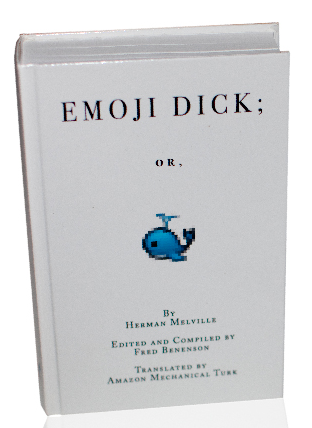Gun oil
In "The Stress and Structure of Modified Noun Phrases in English" (Sag & Szabolsci, Eds., Lexical Matters, 1992), Richard Sproat and I discussed the semantic ambiguity or vagueness of English noun compounds:
We now turn to N0 compounds where a paraphrase links the two words in the compound with a predicate not implicit in either one. We are limiting this category to endocentric compounds, so that their English paraphrase will be something like 'an N1 N2 is an N2 relative-clause-containing-N1,' e.g., 'an ankle bracelet is a bracelet that is worn on the ankle,' or 'rubbing alcohol is alcohol that is used for rubbing'. The range of predicates implied by such paraphrases is very large. Since this type of compound-formation can be used for new coinages, any particular compound will in principle be multiply ambiguous (or vague) among a set of possible predicates.
Consider hair oil versus olive oil. Ordinarily hair oil is oil for use on hair, and olive oil is oil derived from olives. But if the world were a different way, olive oil might be a petroleum derivative used to shine olives for added consumer appeal, and hair oil might be a lubricant produced by recycling barbershop floor sweepings.
We go on to discuss the wide range of relationships involved in such cases, and the difficulty of automating their analysis.
Read the rest of this entry »



